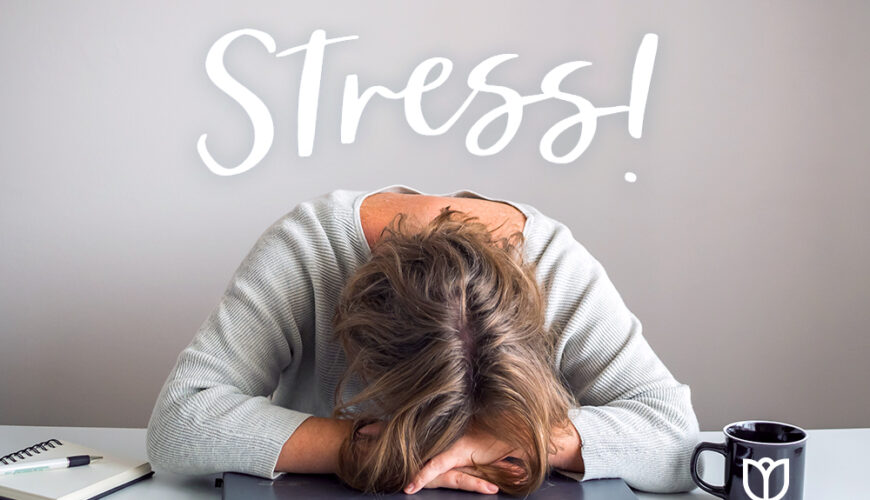We have always heard how exercise can help you get better. But the question is how? Exercise and different exercise techniques serve a purpose. These techniques help your body not only stretch but also release a rush of endorphins that help you feel better. Addiction is tricky. When you don’t get your daily hit, you scramble to find more. Exercise enables you to replace the feeling you get from drugs. So, if you’re in recovery, you should consider doing exercise. Here are some ways exercise can help you out:
1. It Improves Your Mood

Exercise does more than get your heart pumping and your palms sweaty. You experience a rush of endorphins. You start feeling happier and lighter. You feel perfect and ready to take on the day. Some vigorous forms of exercise can also help you clear your head. If you are feeling stressed, all you need is a good routine. The reason why most people turn to drugs is to feel better. However, if you’re already feeling better with exercise, you’ll switch off from any form of abuse.
2. Rehabs Propagate it
If you look into rehab clinics, you’ll know that they advocate exercise. You can easily find rehab centers around your area. Many rehab clinics have centers across the country at multiple locations, offering individualized treatment for all levels of addiction. Rehab centers are professional institutes that know how to deal with addiction. So, if they’re affirming that you need exercise, you should listen to them.
3. You Sleep Better

Exercise helps you use up all the pent energy you have. When your body is stretched and used to its maximum, you feel sleepy. So the next time you hit the sack, you’ll fall asleep. If you don’t fall asleep enough, you’ll feel irritable. As someone who’s on the road to recovery, you can’t afford to get irritated. Any negative impact on your mood can lead you back to addiction. Sleep also helps you prepare for withdrawal symptoms better. You’re able to stay alert and fight off the feeling of fatigue. If you feel like exercise is boring, you can jazz it up by doing it with a friend.
4. It’s a Good Distraction
While you’re in recovery, you can’t afford distractions. You may start feeling your mind straying towards unwanted thoughts. Some of these unwanted thoughts include thinking about drugs. When you have nothing to do, your mind also conjures unwanted scenarios. These scenarios can leave you stressed and overwhelmed. Stress often translates into disaster. You may start searching for an outlet to get rid of the stress. Exercise is also easy to squeeze into your schedule. All you need is 45 minutes of your time, and you got an exercise regime.
5. Help You Cope Mentally

While exercise is not a cure for mental conditions, it can help you feel better. Sometimes all you need is a rigorous exercise regime to help you. There are also exercise groups that you can join instead of doing it on your own. Exercise also gives you a chance to form social bonds. Humans are social creatures. So when you get a chance to meet people while you’re looking after yourself, it helps you feel better. Your new friends can also become a source of motivation for you to turn up for exercise.
6. You Build up an Appetite
Substance abuse can curb your appetite. Our body works in an interconnected manner. If you don’t eat enough, it takes a toll on your mind. When it takes a toll on your mind, then you start acting out. Exercise helps you feel better. It also allows you to build up an appetite. Since your body uses up the energy and calories, you need more. So the fastest way to ensure you’re getting enough is through food. So you’ll build up a healthy appetite more. When you eat more, it makes you better.
7. Different Exercises Have a Different Effect on You
Exercise is not consistent. Different activities make you feel differently. Some can help you subside your cravings, while others can help you with stress. You can also mix it up with exercise. If you feel stressed, go for yoga. If you feel like hiking, go to the mountains. Exercise provides you with small packets of relief. The relief you feel is enough to let your cravings go. That is how addiction works. Exercise acts as a barrier and prevents your cravings from getting out of control.
8. Prevents Relapse

When you’re engaging in exercise, you’re making use of all your senses. Relapse occurs when your cravings outweigh other thoughts. That by no means you failed, it is part of the process. However, relapses are painful. The idea of going through the grueling process of detoxing can set anyone on edge. You may even start rebelling against getting proper treatment which may add more stress to your condition. While exercise may not be a long-term solution, it’s a short-term package for anyone who’s recovering from any form of short-term drug usage. A short-term solution is far better and feasible than a long-term one. Long-term solutions take time to build on, and if you stay focused on one image, you lose your balance.
Wrap Up
Exercise has many positive effects on your body. You start feeling lighter and more refreshed. Above all, it helps you with your addiction. Recovery can get messy. You never know what’s working best for you and what’s making it worse for you. However, exercise is a quick and easy release from many symptoms that take you back to addiction. It subsides your stress, anxiety, and even cravings. So you don’t even get a chance to think about drugs. You also improve your physical well-being by building up an appetite.
When your overall well-being works together in unison, you start to feel better. All of these factors ultimately culminate and prevent you from falling back on old habits.




